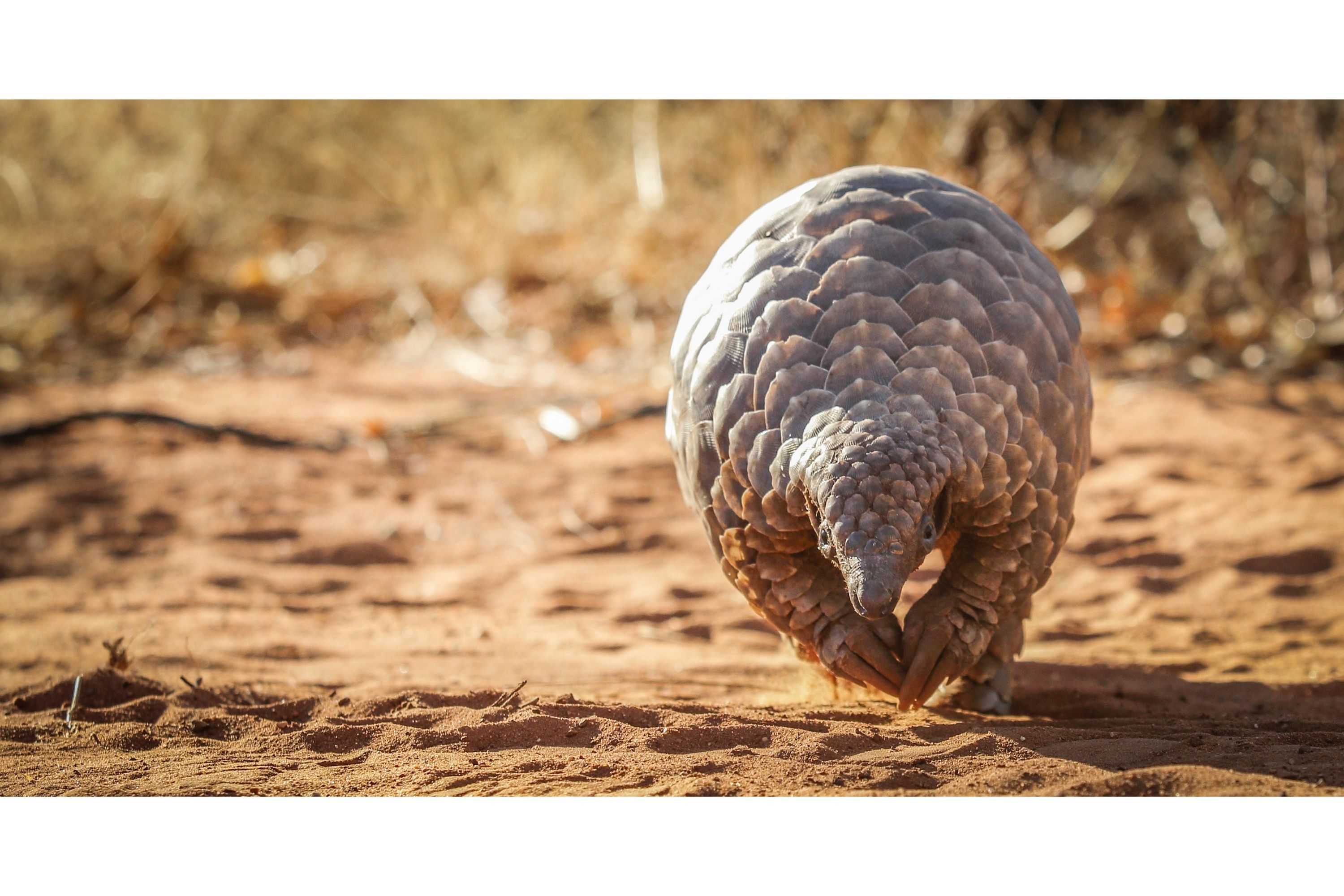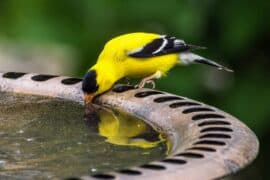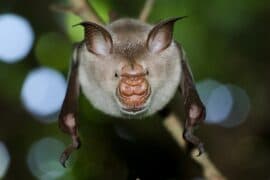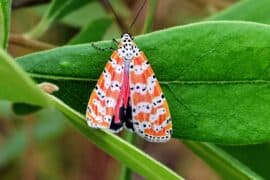Sunda pangolin
(Manis javanica)

Description
The Sunda pangolin (Manis javanica), also known as the Malayan or Javan pangolin, is a species of pangolin. It is found throughout Southeast Asia, including Myanmar, Thailand, Cambodia, Laos, Malaysia, Singapore, Vietnam, and the islands of Borneo, Java, Sumatra and the Lesser Sunda Islands. It prefers forested habitats (primary, secondary, and scrub forest) and plantations (rubber, palm oil). A large part of its life is spent in trees. In the past, this species has included the closely related Palawan pangolin (M. culionensis), as both are in the subgenus Paramanis. It is closely related to the Chinese pangolin, although the Malayan species is larger, lighter in colour, and has shorter fore claws. The skin of the Sunda pangolin's feet is granular, although pads are found on its front feet. It has thick and powerful claws to dig into the soils in search of ant nests or to tear into termite mounds. The Sunda pangolin has poor eyesight, but a highly developed sense of smell. Lacking teeth, its long, sticky tongue serves to collect ants and termites. Its body is covered by rows of scales and fibrous hair. The head-body length of this pangolin can measure 40–65 cm, tail length is 35–56 cm, and its weight is up to 10 kg. Males are larger than females. Pangolins give birth annually to one or two offspring. They breed in the autumn, and females give birth in the winter burrow. Den preference has been known to shift at this time to favor mature forest tree hollows. Presumably, these hollows offer more fortification and stability for the decreased mobility that comes with birthing and caring for young. The amount of time the mother will spend at any one of these dens will increase during parental care periods. Parental care is given for about three months. In these three months, the range of the mother Pangolin drastically decreases as she travels and forages with her offspring. Only a few weeks before the offspring becomes fully independent, the mother and her young can display brief spikes in diurnal activity. Pangolins are sometimes found in pairs, but normally they are solitary, nocturnal, and behave timidly. They protect their soft underparts by rolling into balls when they feel threatened. They are strong diggers and make burrows lined with vegetation for insulation near termite mounds and ant nests. Sunda pangolins have low immunity, making them sensitive to fluctuations in temperature.
Taxonomic tree:







